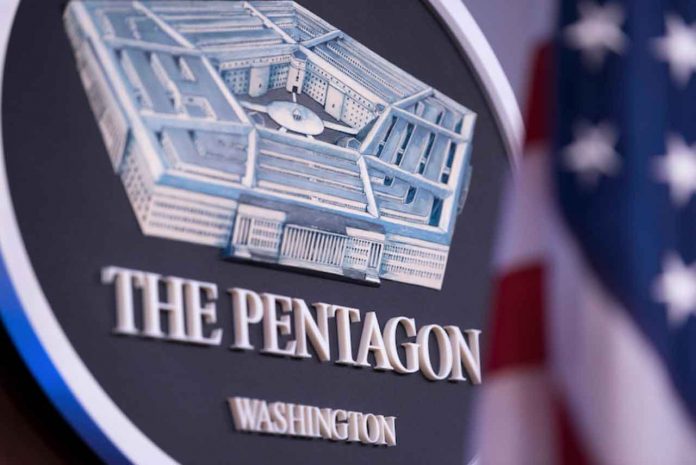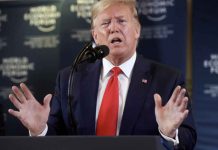WASHINGTON – NEWS – Secretary of the Air Force Frank Kendall spoke about the growing threat that China poses to the Indo-Pacific region during a keynote address today at an Air & Space Forces Association convention just outside of Washington.
“I’ve been closely watching the evolution of military for 15 years. China is not a future threat; China is a threat today,” Kendall told a large in-person and remote audience composed predominantly of Air and Space Force personnel.
The secretary went on to explain that the Chinese Communist Party continues to heavily invest in capabilities, operational concepts and organizations that are specifically designed to defeat the United States and its allies’ ability to project power in the Western Pacific region, including weapons targeting U.S. land and sea assets like air bases and aircraft carriers.
“In addition, China continues to expand its nuclear forces and its ability to operate in cyberspace,” Kendall said. “We can expect all these trends to continue.”
Kendall further explained that, when traveling to the Indo-Pacific region over the past 15 years, he has seen a growing concern and, at times, alarm from other countries concerning China’s growing capabilities and intentions.
An example of such capabilities and intentions include China’s moving toward larger and more sophisticated exercises tailored for an invasion and blockade of Taiwan, Kendall said.
“I am not saying war in the Pacific is imminent or inevitable. It is not,” Kendall said. “But I am saying that the likelihood is increasing and will continue to do so.”
Noting that the United States must be prepared for a potential future conflict, Kendall then listed numerous ways that the Air and Space Forces are working to do just that, including a massive modernization initiative to achieve operational imperatives.
“To prevent conflict, we must be ready; to prevail in conflict, we must be ready,” Kendall said.
Kendall’s remarks also included updates about other parts of the world.
Referencing the current conflict in the Middle East, Kendall said that Iran’s attack on Israel in April failed thanks, in no small part, to defense provided by the U.S. Air Force and Space Force.
“The efforts of our national security teams and our allies and partners across the world have been successful, so far, in limiting the scale of conflict,” Kendall said. “That success has come as a direct consequence of the U.S. military, including — importantly — U.S. Air Force presence throughout the region.”
While addressing the war in Ukraine, Kendall said Russia will remain a threat in the region, despite if, when and how the war finally ends.
“But while Russia will be weakened from years of war, NATO will be even more resilient,” Kendall said, noting that NATO has become larger and stronger since the start of the conflict in Ukraine, with many NATO countries meeting their percentage of gross domestic product defense spending targets.
“We’re also deepening our partnerships with our traditional allies in Europe,” Kendall said, giving an example of the recent ratification of an agreement between allied countries to share the cost of integrating the Norwegian Joint Strike Missile on the F-35 combat jet.
“This will significantly enhance our maritime strike capability and that of our Norwegian, Canadian and Australian allies and partners,” Kendall said. “This is integrated by design and action.”
Having noted earlier in his speech that he is an appointee who serves at the pleasure of the president, Kendall wrapped up his remarks stating that he will continue to serve in his role with maximum effort to accomplish as much as he can to benefit his branches of service.
“My promise to you,” Kendall told the crowd, “is that I will spend whatever time I have left in public service working as hard as I can to get the Department of the Air Force the resources that it needs to be successful, and to successfully deter our adversaries — if needed — to achieve victory.”






